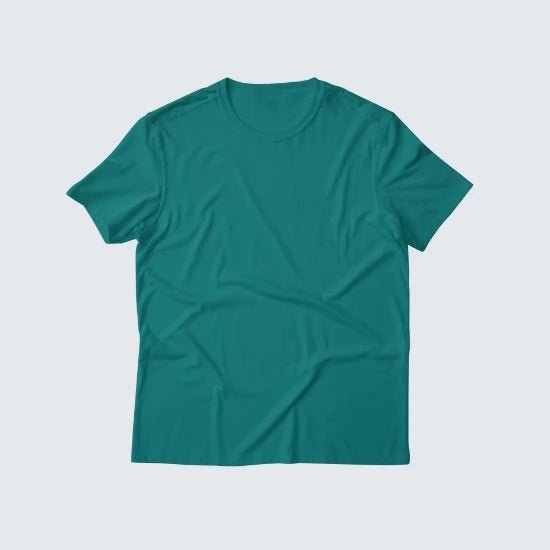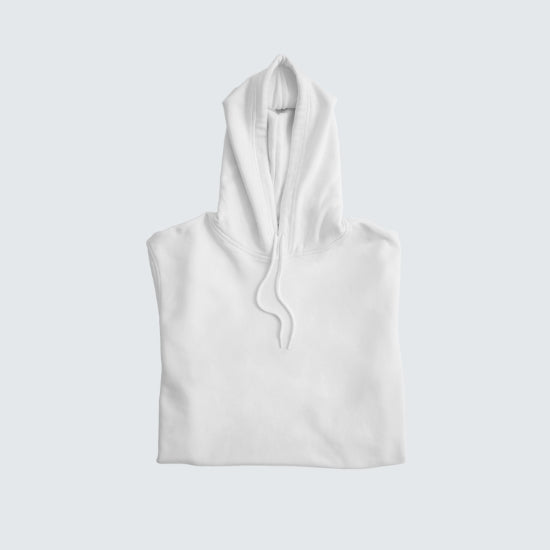
Cloth Bags: A Comprehensive Guide to Choosing and Using Them Sustainablely
Share
The importance of cloth bags and their impact on the environment
Cloth bags have become a popular alternative to plastic bags due to their positive environmental impact. They are reusable, helping reduce plastic waste, which takes hundreds of years to decompose.
The excessive use of plastic bags leads to soil and water pollution and poses a threat to wildlife, as animals accidentally ingest them. Cloth bags, on the other hand, provide a sustainable solution that reduces the need to produce more plastic and encourages a culture of reuse.
Cloth Bags vs. Plastic Bags: A Comprehensive Comparison
| Standard | cloth bags | plastic bags |
|---|---|---|
| Reusability | Used hundreds of times | Mostly used once |
| Environmental impact | Environmentally friendly | Cause environmental pollution |
| Durability | Strong and can withstand heavy weights | May tear easily |
| long-term cost | A good, long-lasting investment | It may be cheap but it is not sustainable. |
Types of cloth bags and their manufacturing materials
Fabric bags are available in a variety of types and materials to suit various needs. The most prominent of these types are:
-
- Made from natural cotton, making it biodegradable.
- It features a soft texture and is lightweight, making it easy to carry.
- Washable and reusable multiple times.
-
Linen bags :
- Made of strong and durable linen fibers.
- It has an elegant appearance that is suitable for luxury uses.
- Stain and moisture resistant.
-
Jute bags :
- Natural and strong material that can withstand heavy weights.
- It is widely used for carrying goods and shopping.
- It is characterized by its ability to biodegrade quickly.
-
Recycled polyester bags :
- Made from recycled plastic materials, helping to reduce plastic waste.
- Lightweight and water resistant.
- Often used in events and festivals.
How to choose the right cloth bag
When choosing a fabric bag, there are several factors to consider to ensure you get the right product for your needs:
✔ Purpose of Use : Do you need it for daily shopping, storage, or as a gift?
✔ Durability and Quality : Make sure the material can handle the required weights.
✔ Washability : Some bags require special care when cleaning.
✔ Design and Style : Choose the design that reflects your style and needs.
I'll continue the rest of the article in Part 2 with more details on how to care for cloth bags and the best ways to reuse them in innovative ways. 🚀
How to Care for Cloth Bags to Ensure a Longer Life
Proper care of your fabric bags is essential to maintaining their durability and quality, as environmental factors and frequent use can quickly deteriorate them if not properly cared for. Here are some tips for proper care:
1. Periodic cleaning
To ensure that cloth bags are clean and free of bacteria or unwanted odors, they should be washed regularly by following these steps:
- Cotton and linen bags : They can be machine washed using cold water and a mild detergent, and left to air dry.
- Jute bags : It is best to clean them by hand with a damp cloth and avoid submerging them in water to prevent damage to the fibers.
- Recycled polyester bags : They can be wiped with a cloth dampened with soap and water and then left to dry.
2. Proper storage
- It is preferable to fold the bags and store them in a dry place away from moisture and environmental factors that may affect their material.
- If you have more than one bag, use a special organizer to keep them organized for easy access when needed.
3. Avoid excessive use of heavy weights.
Although cloth bags are durable, constantly overloading them with excess weight can cause them to tear or damage their handles. Try to distribute the weight evenly when carrying heavy items.
Creative ideas for reusing cloth bags
If you have old cloth bags or no longer need to use them to carry shopping, you can use them in other innovative ways, such as:
✅ TURN IT INTO A STORAGE BAG : Use the large bags to store seasonal clothes or toys.
✅ Use them as plant covers : Bags can be placed over plant pots to protect them from dust.
✅ Repurpose them into small pillows : Stuff old bags with cotton fabric and use them as decorative pillows.
✅ Making artwork : Attractive designs can be printed on them and hung as a decorative piece at home.
Cloth bags as a sustainable alternative in everyday life
Cloth bags have become an essential part of a sustainable lifestyle, as they are used in many areas, including:
- Shopping : They can be used as an alternative to plastic bags in grocery stores and markets.
- Gifts : Gifts can be packed in elegant cloth bags instead of using traditional paper bags.
- Travel : Small cloth bags are used to organize luggage inside suitcases.
- Storage : Can be used to store household items, clothes, or books.
Invest in high-quality cloth bags.
If you're considering purchasing fabric bags, it's best to invest in high-quality products that will last a long time. Here are some criteria to consider:
| Standard | Why is it important? |
|---|---|
| Fabric type | Determines the durability and lifespan of the bag. |
| Sewing handles | It must be strong to bear heavy weights. |
| Washability | Ensures hygiene and reusability |
| Size and shape | It should fit your daily needs. |
Conclusion: Your role in supporting the environment by using cloth bags
Using cloth bags isn't just an alternative to plastic bags; it's a step toward a more sustainable environment. By choosing to use cloth bags, you're helping to reduce pollution, minimize waste, and encourage others to adopt an environmentally responsible lifestyle.
Start today by ditching plastic bags and replacing them with high-quality cloth bags. Every small step towards sustainability makes a big difference for the future of our planet! 🌿♻




